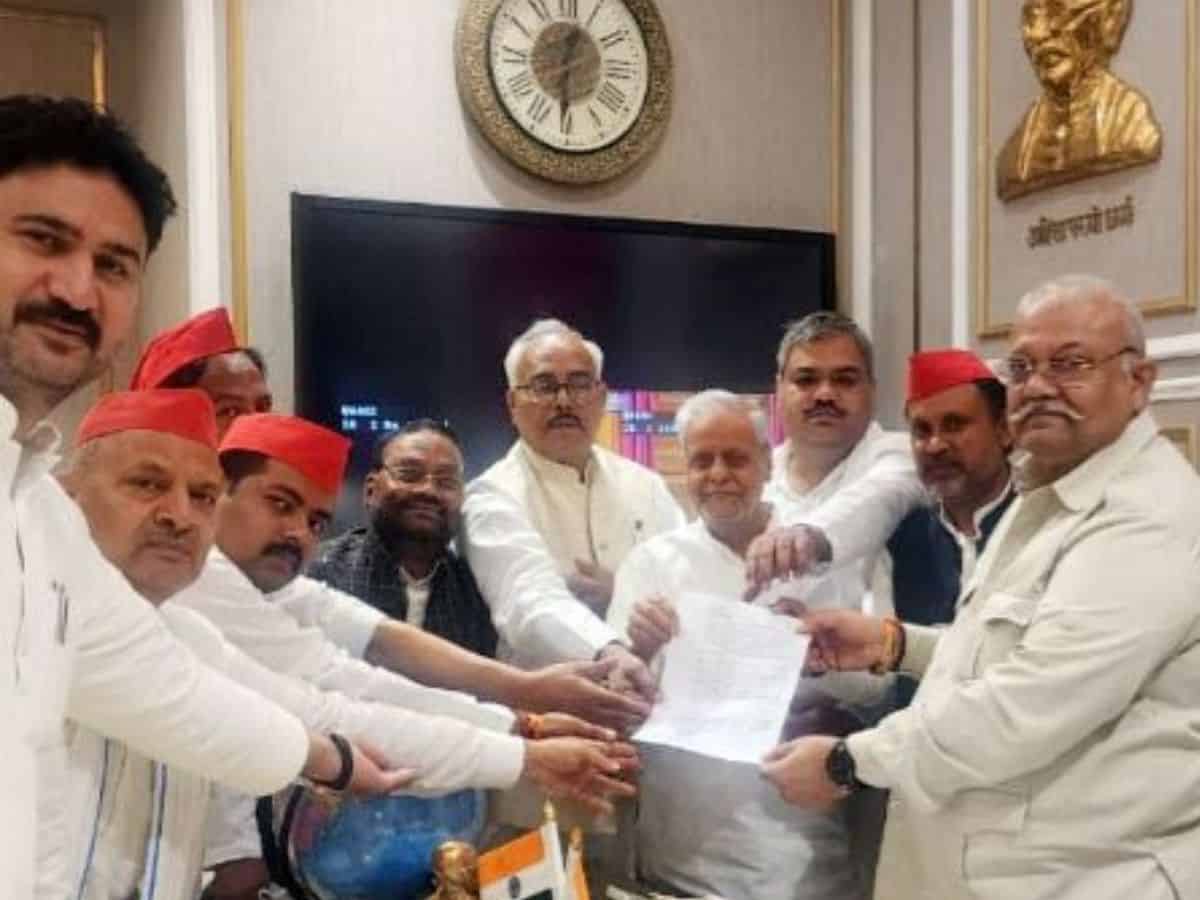
The corridors of Uttar Pradesh’s Legislative Assembly reverberated with a matter of national importance on August 7, 2023, when the members gathered in the Monsoon Session. The issue at hand wasn’t one that pertained directly to Uttar Pradesh, but the distant northeastern state of Manipur. The opposition, under the leadership of former Chief Minister Akhilesh Yadav of the Samajwadi Party, sought a discussion in the House on the recent ethnic violence in Manipur, particularly the treatment meted out to women, emphasizing that such occurrences, although geographically distant, reverberate as a national concern.
Yadav, the voice of the Opposition in the assembly, highlighted the twofold implications of the Manipur incident. Firstly, the impact it has on India’s global standing and reputation, and secondly, the uncomfortable questions it raises about the safety of women in the country. The Manipur incident, he pointed out, was a matter that warranted immediate attention and a robust discussion in the Assembly.
Assembly Speaker’s statement drew sharp criticism
Responding to this, Assembly Speaker Satish Mahana contended that the issue is essentially for the Central government to tackle. His statement drew sharp criticism from various quarters, most vociferously from the female legislators of the Samajwadi Party. They expressed their disapproval of the BJP government’s stand, arguing that regardless of the location of such incidents, they warrant immediate discussion and introspection.
Their voices echoed in the Uttar Pradesh Legislative Council as well, where members of the Samajwadi Party proposed a motion of condemnation regarding the Manipur incident. The notice for the motion, which carried the signatures of notable members like Lal Bihari Yadav, Naresh Uttam Patel, and Rajendra Chaudhary, brought the issue to the forefront. It spoke not just of the immediate incident but of a larger climate of insecurity that women across the nation were being subjected to.
The BJP, which is in power both at the Centre and in Uttar Pradesh, has been left in a challenging position. The party, known for its staunch advocacy of nationalism and women’s empowerment, now finds itself grappling with accusations of avoiding a critical discussion that intertwines both these issues. Some political observers have started questioning if the BJP’s avoidance of the discussion might be reflective of a broader political strategy rather than a mere unwillingness to discuss the incident.
The incident and its echoes in the Uttar Pradesh Assembly underscore the complex dynamics of Indian politics, where regional incidents can swiftly gain national significance, compelling political parties to balance their regional and national narratives. More importantly, it shines a spotlight on the fundamental premise of India’s democracy, where representatives, irrespective of their regional affiliations, are entrusted with the duty of upholding national interests.
Incident in one part of the nation can spark a debate in another
In a country as diverse as India, an incident in one part of the nation can spark a debate in another, underlining the interconnected fabric of our society and politics. The recent happenings in the UP Legislative Assembly underscore the importance of fostering an open dialogue on national issues, not limiting conversations to matters confined to a state’s boundaries. It also underlines the need to ensure the safety and dignity of women, an issue that transcends state borders and political affiliations. The incident serves as a stark reminder of our collective responsibility and the constant need for vigilance and discussion in our pursuit of a safer and more inclusive India.
